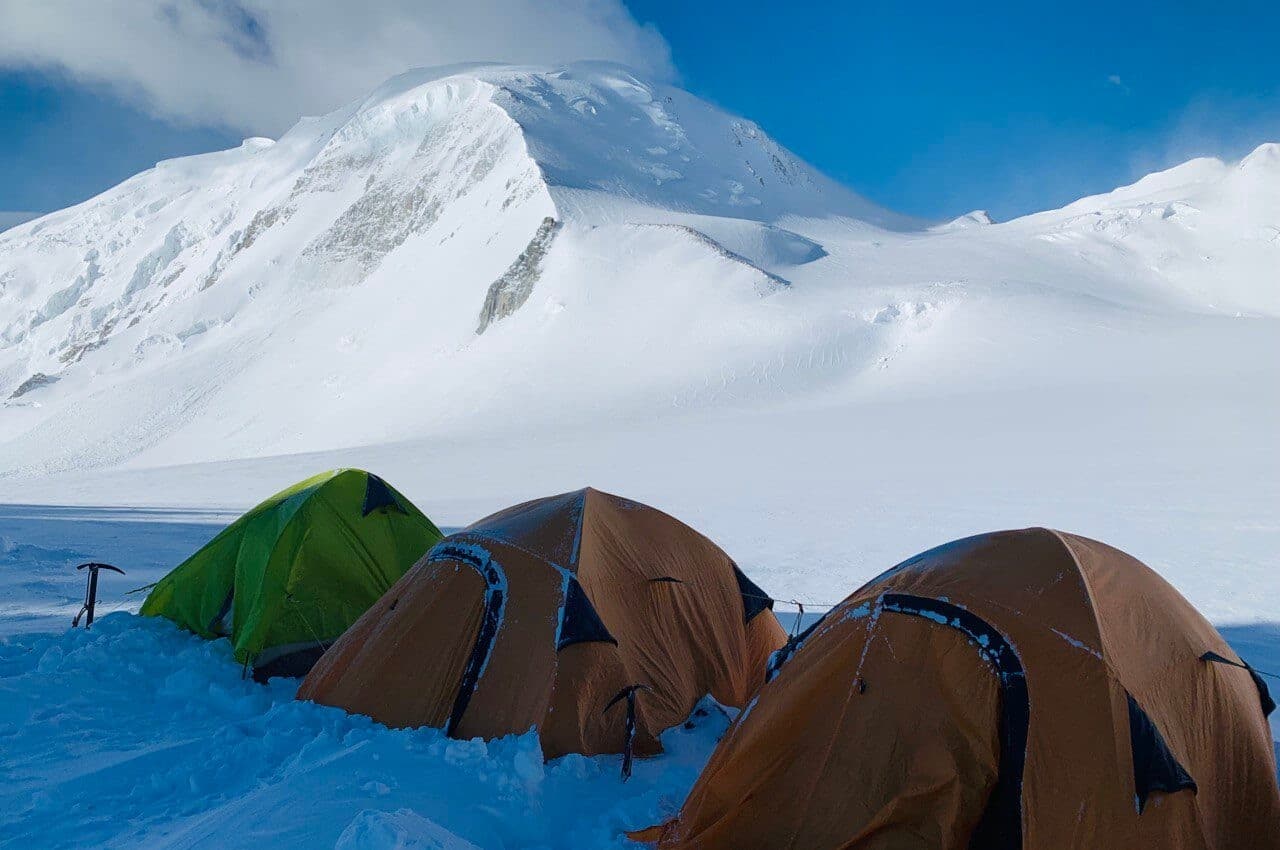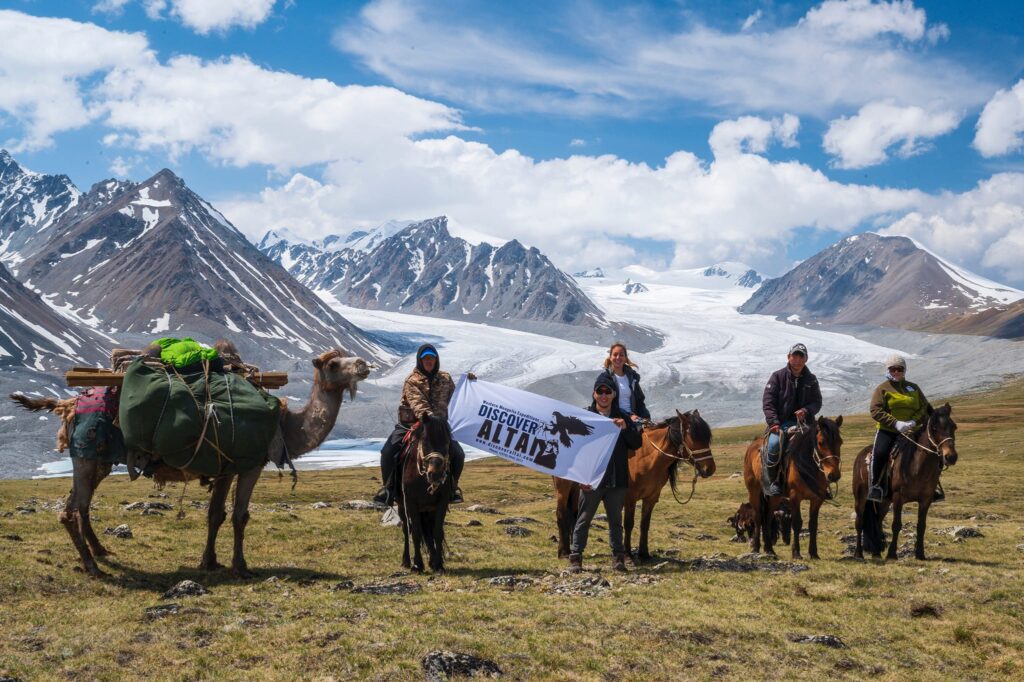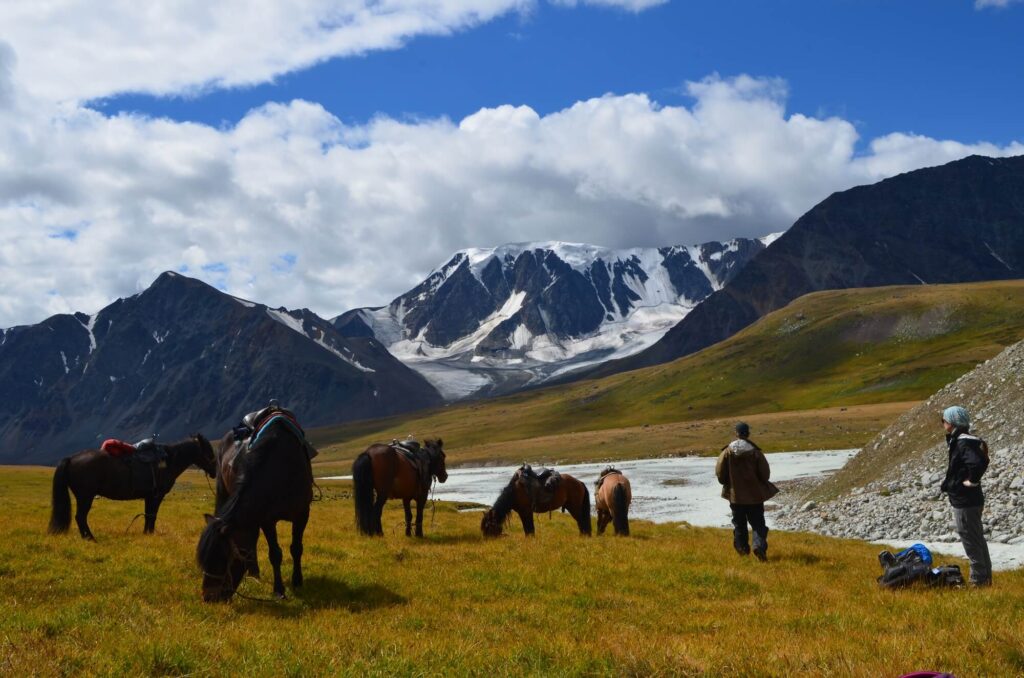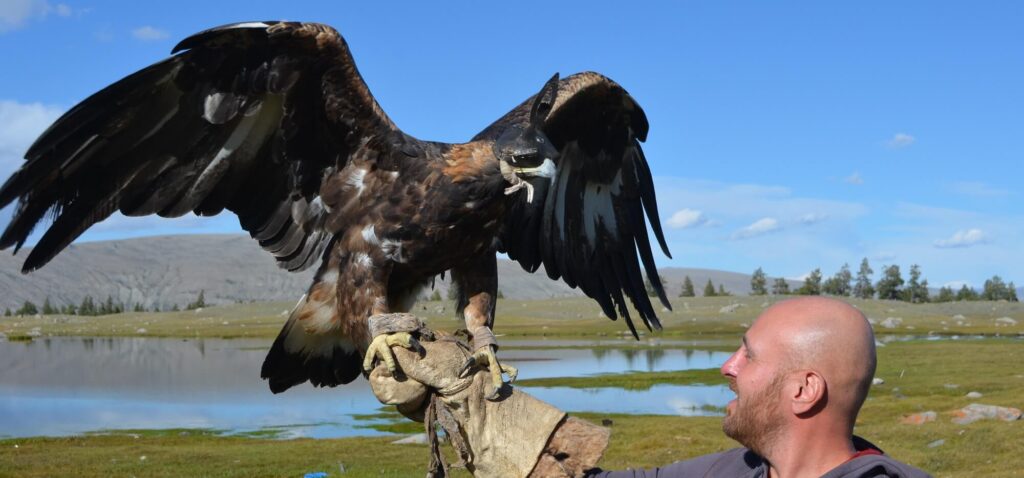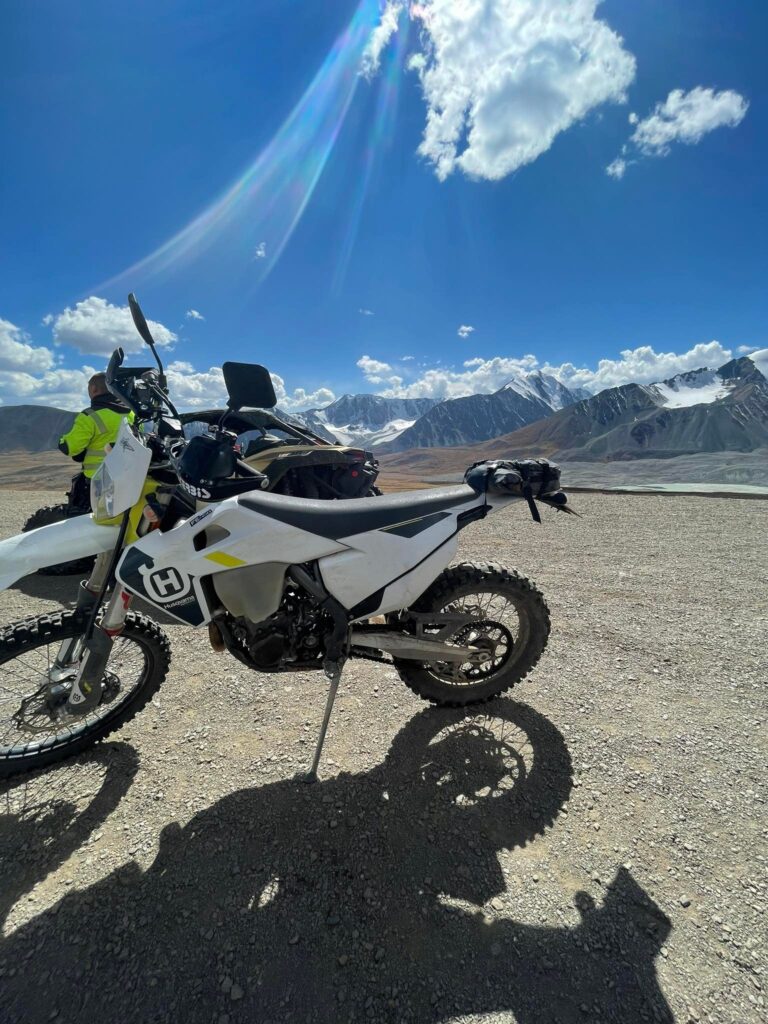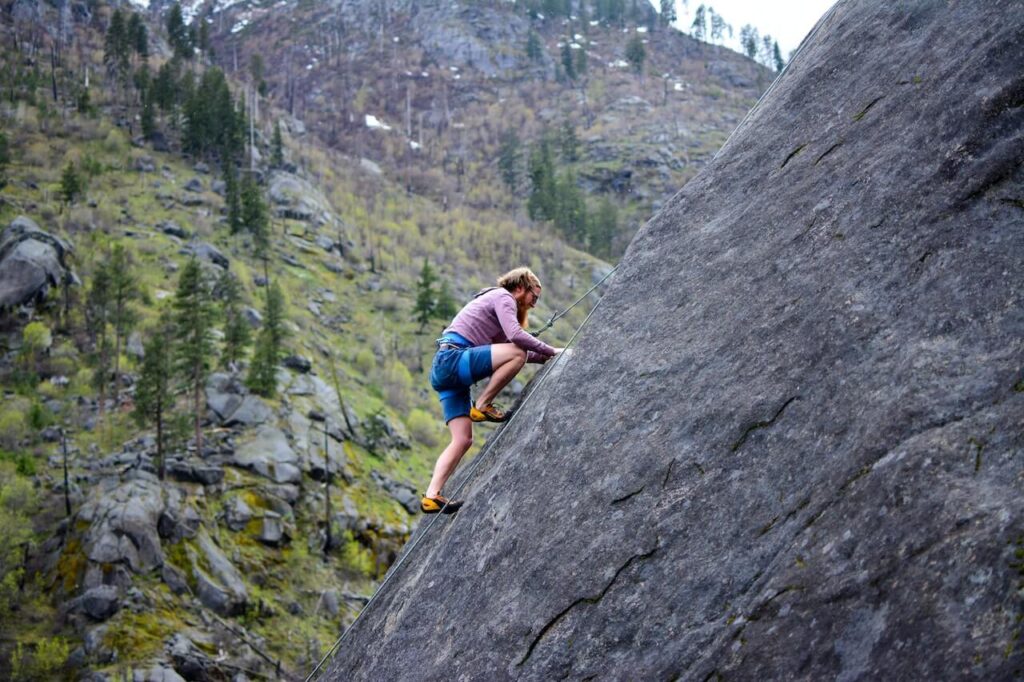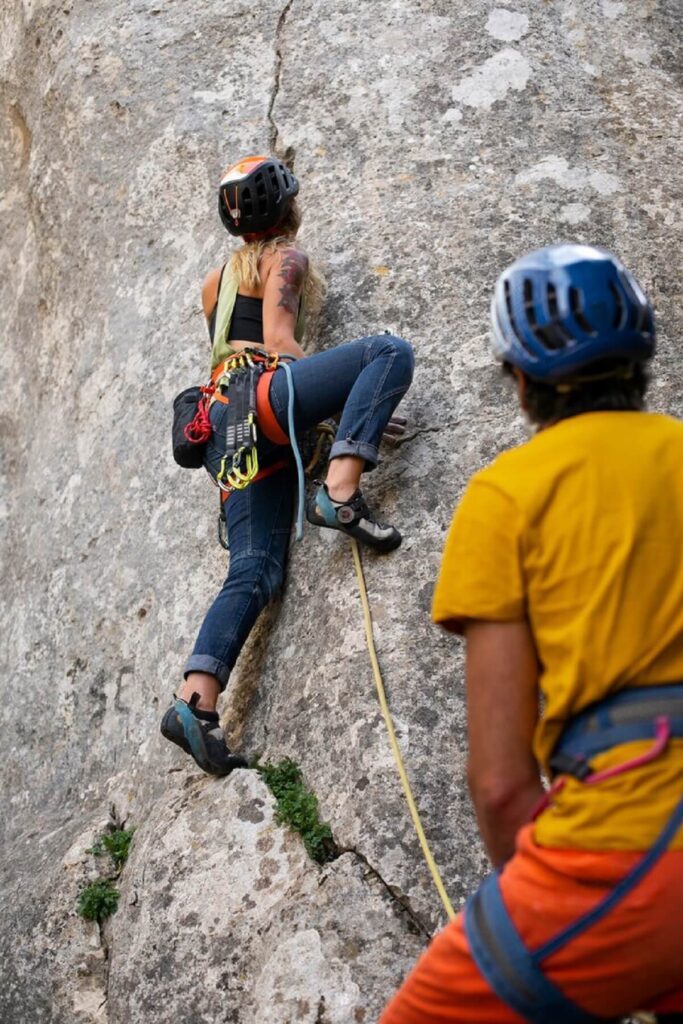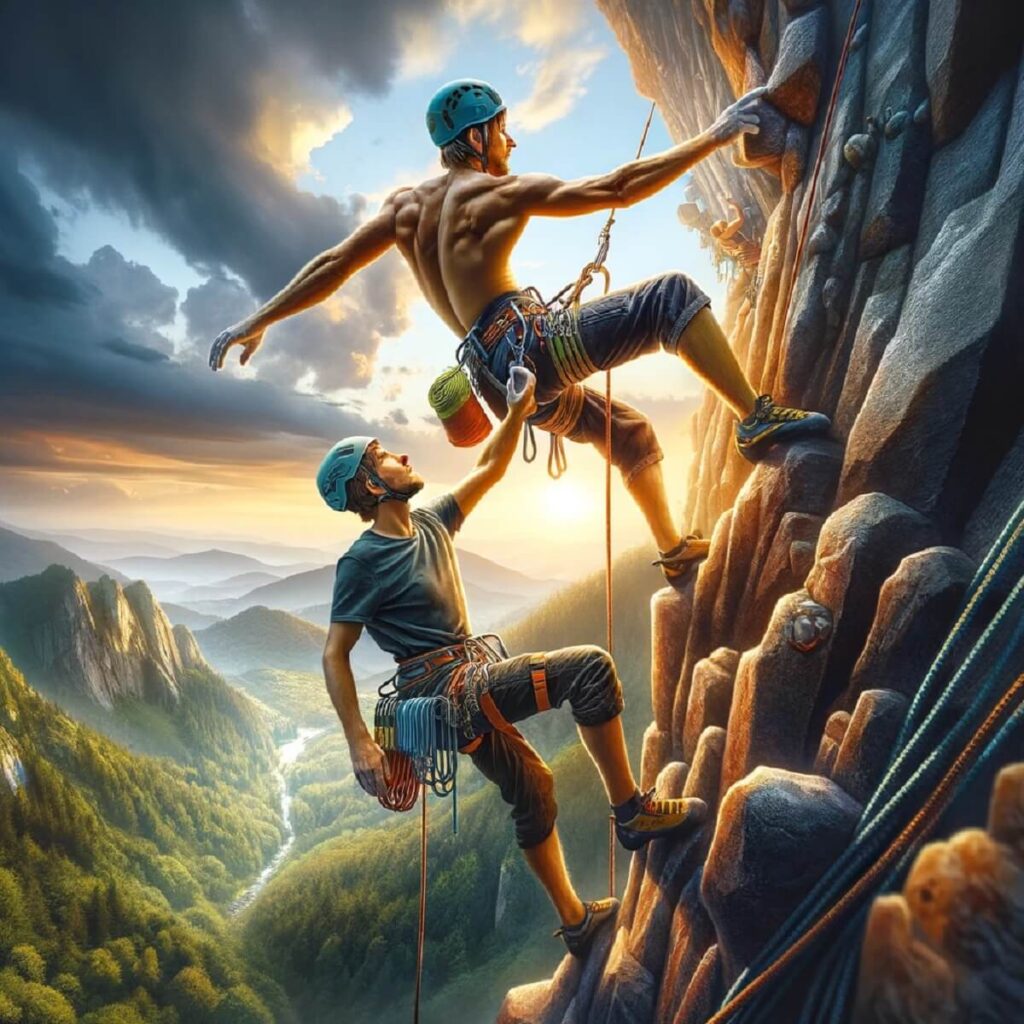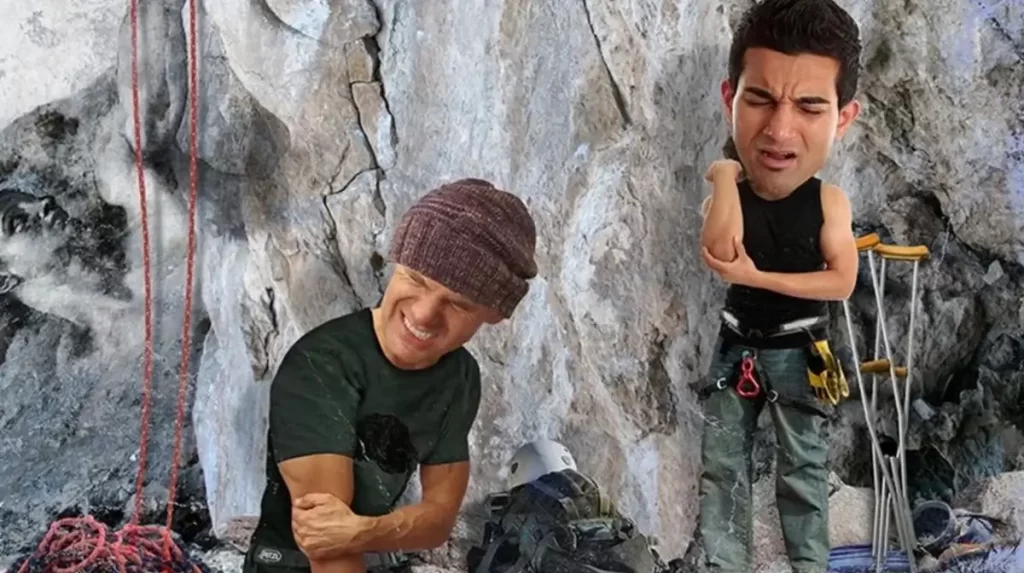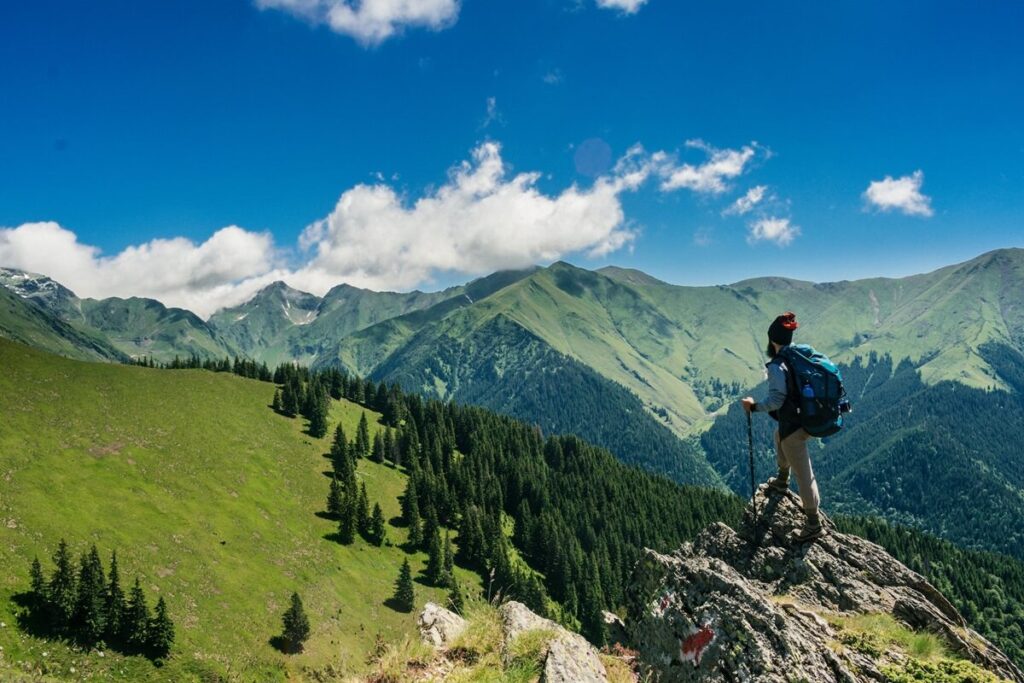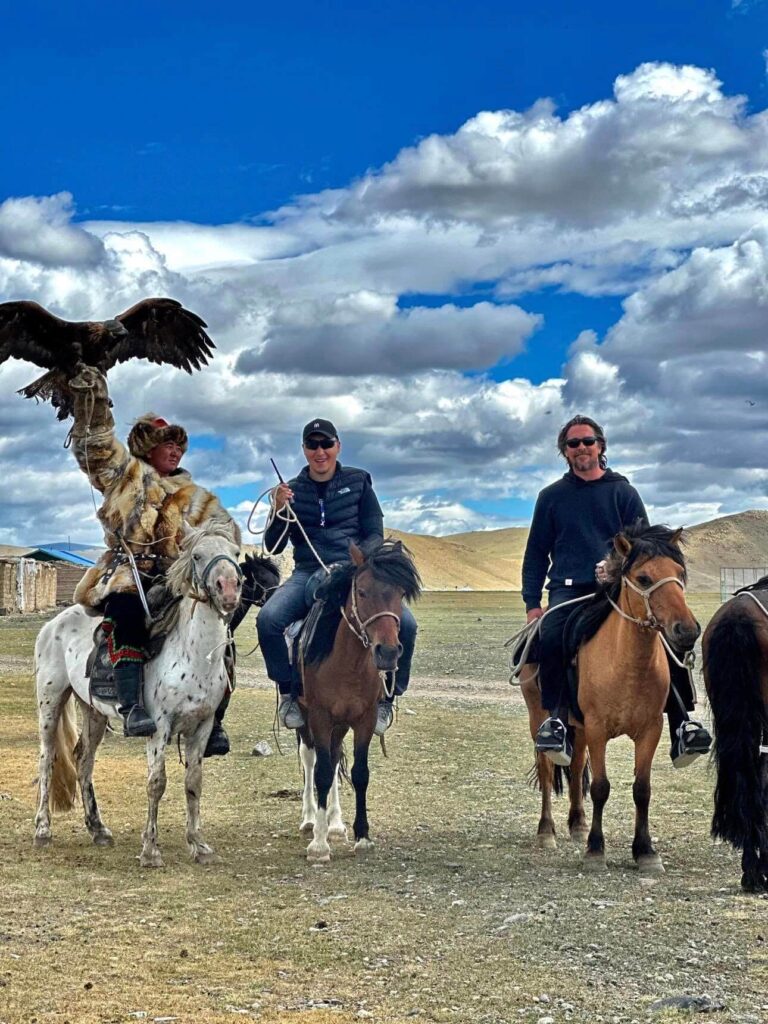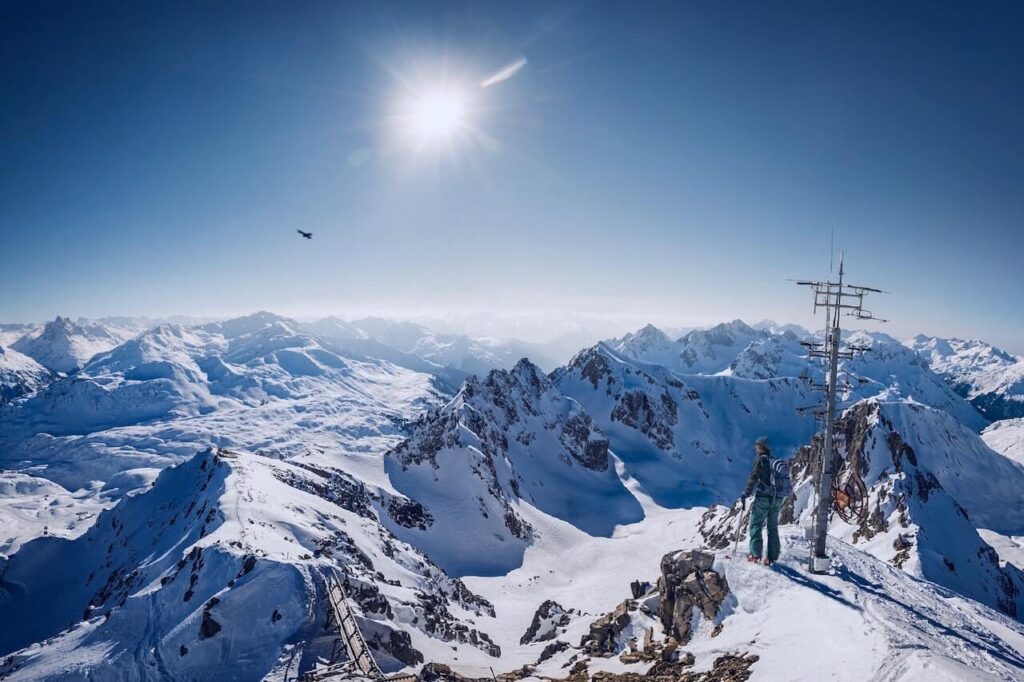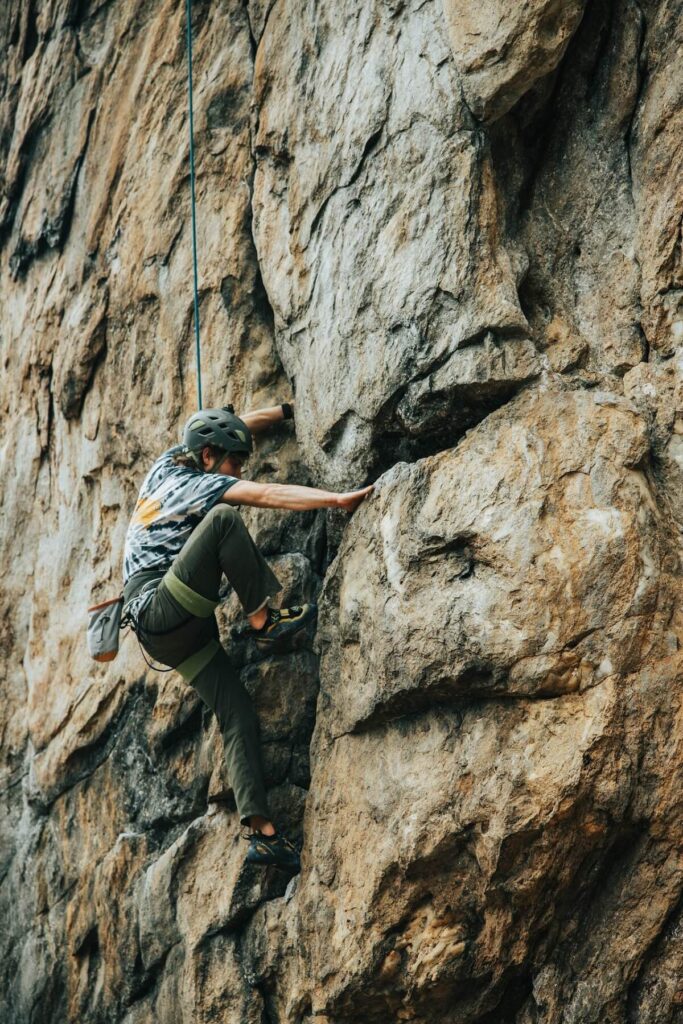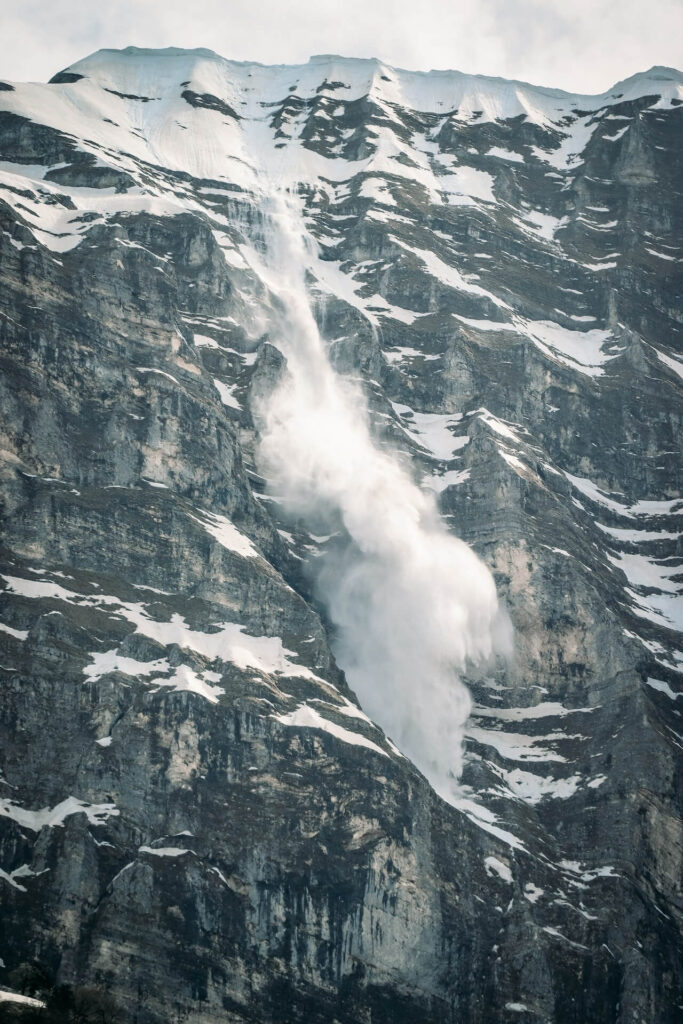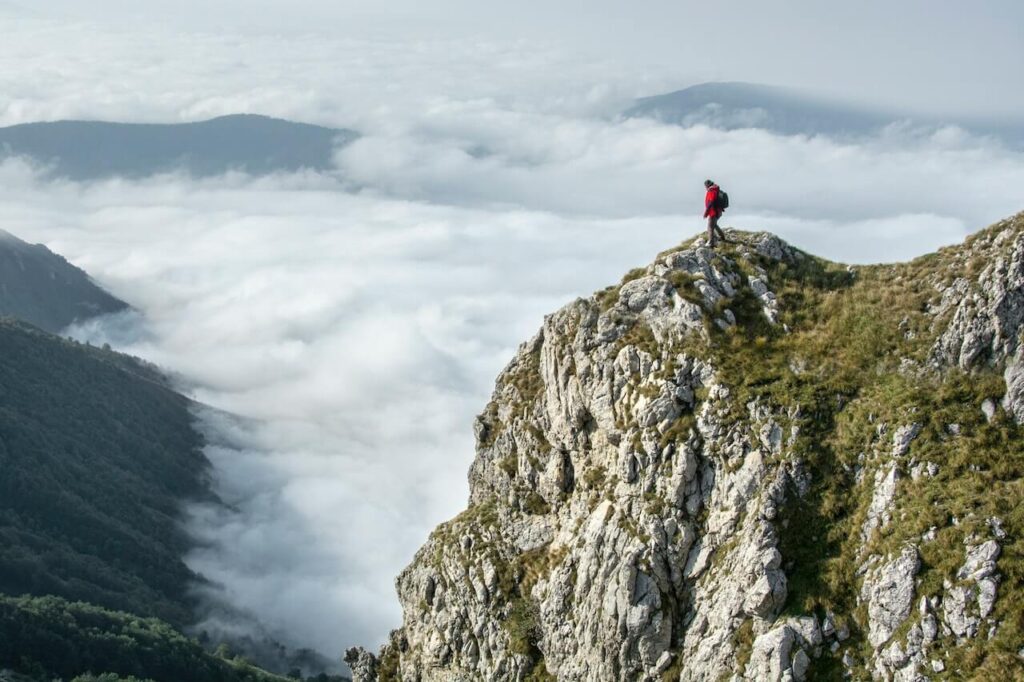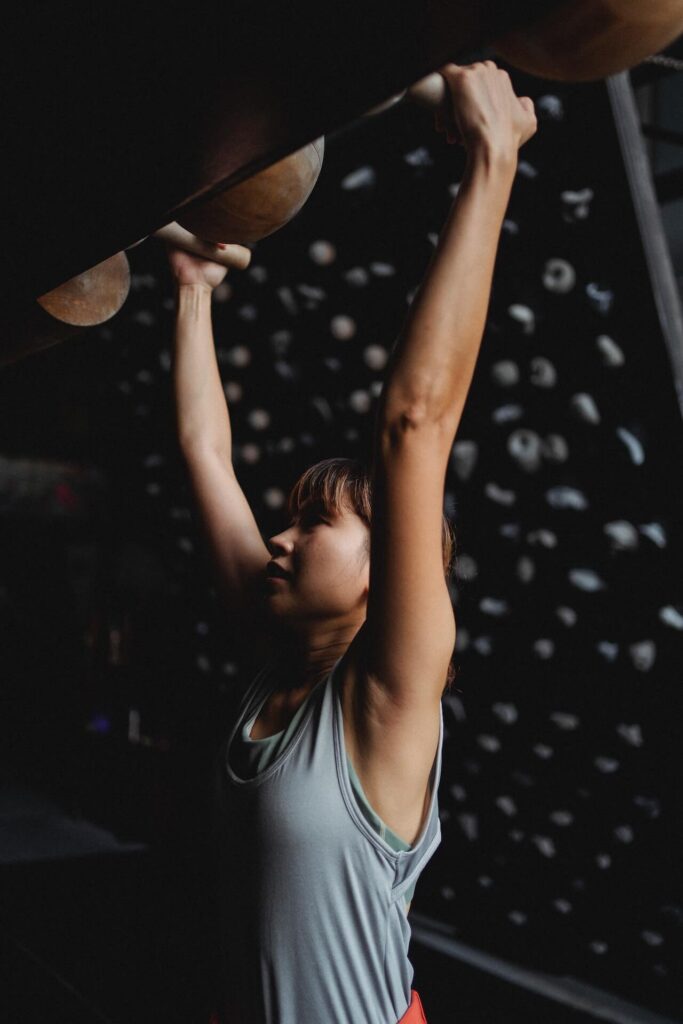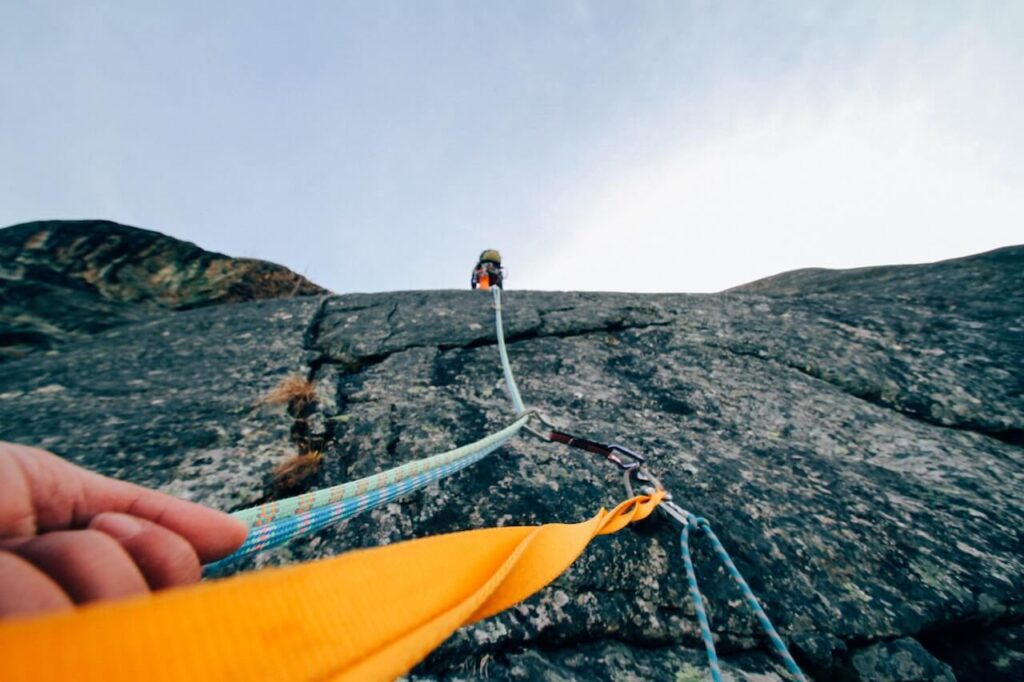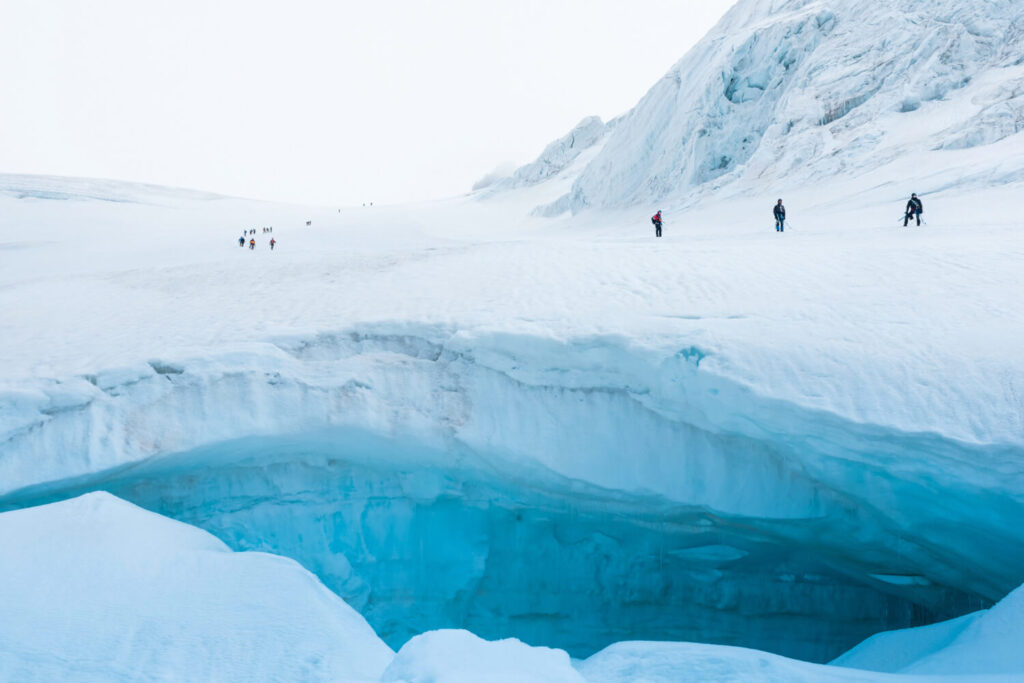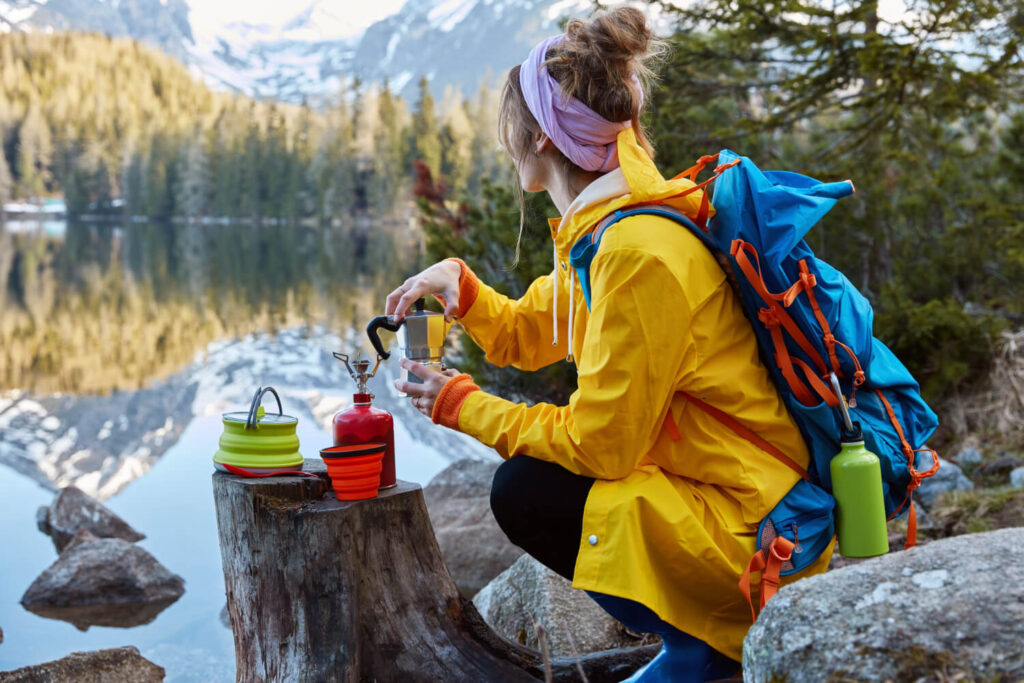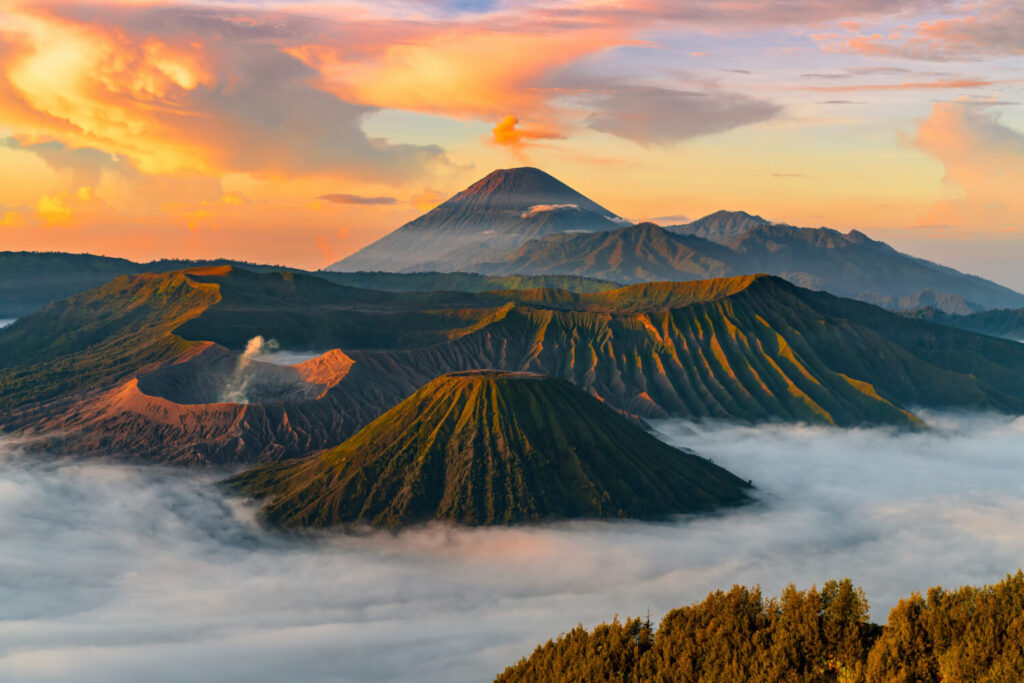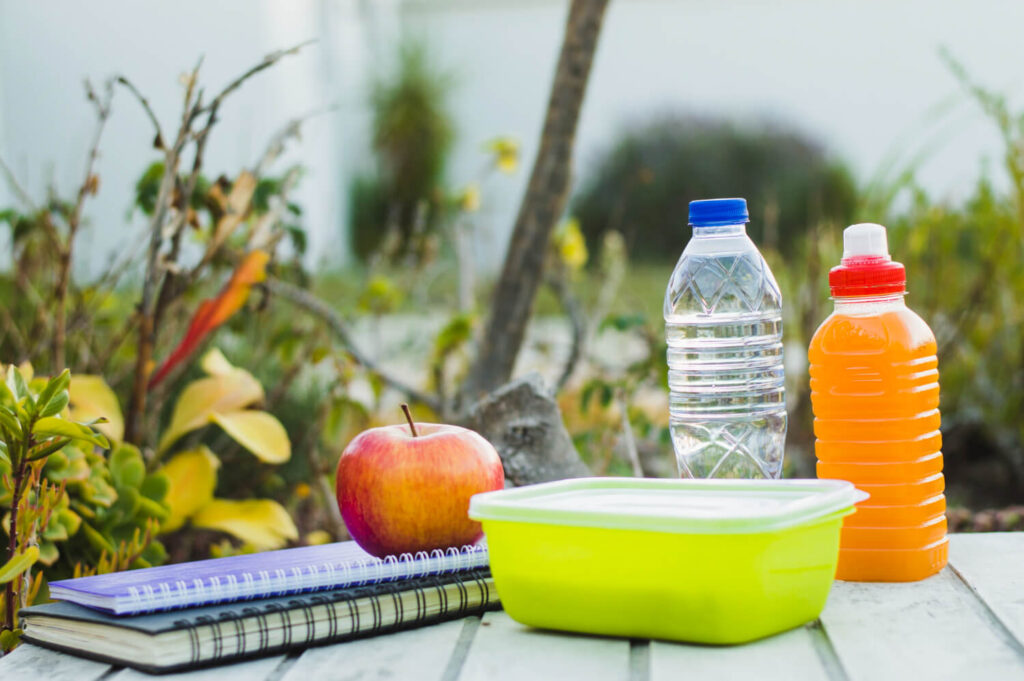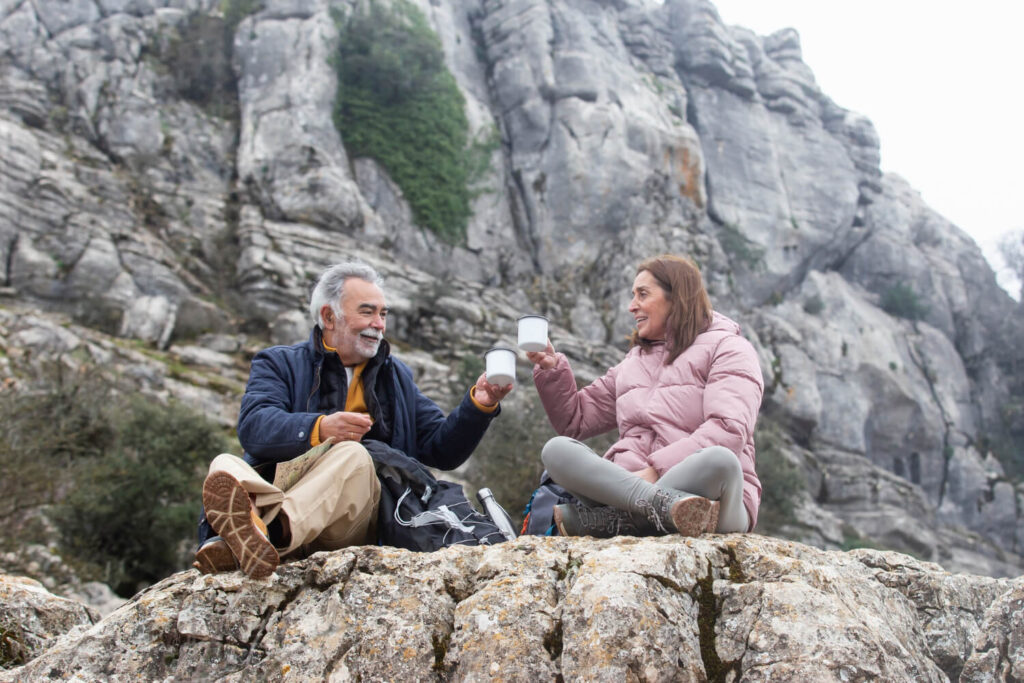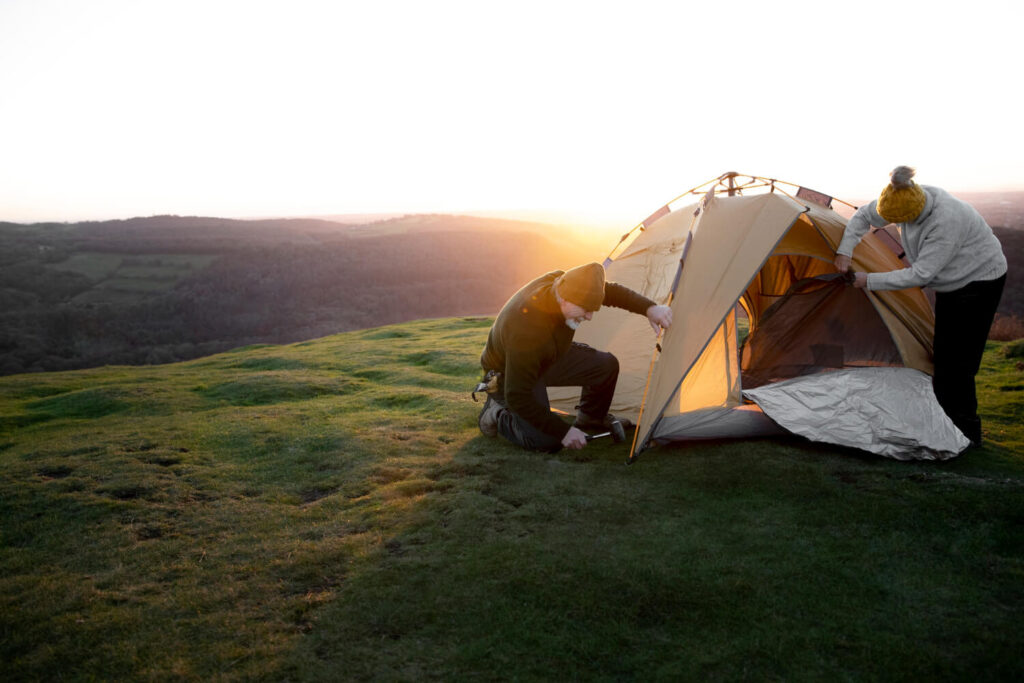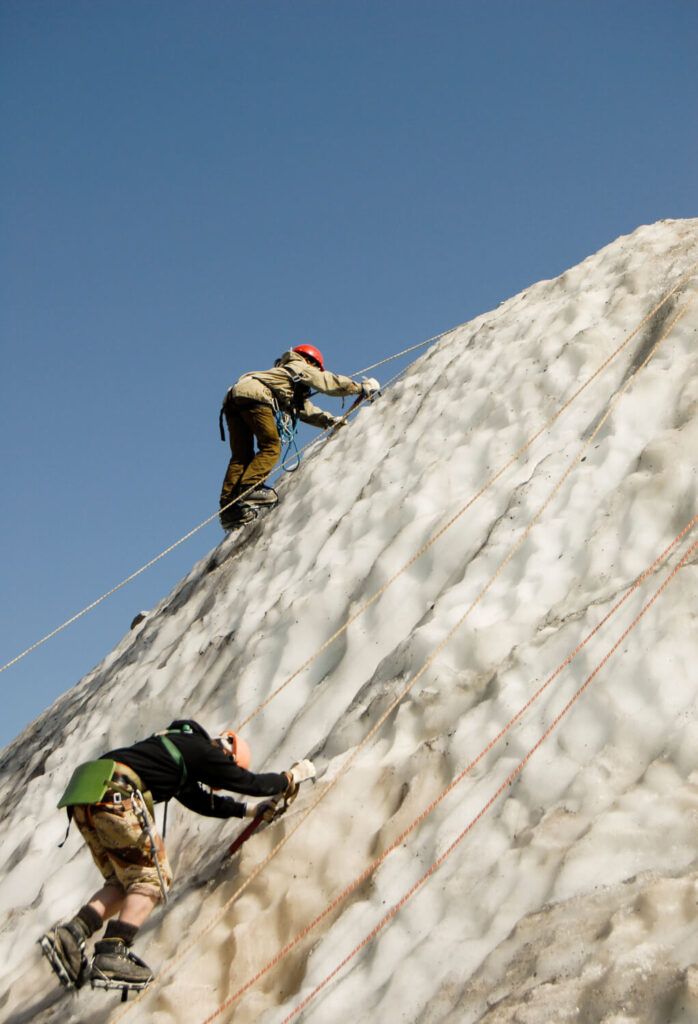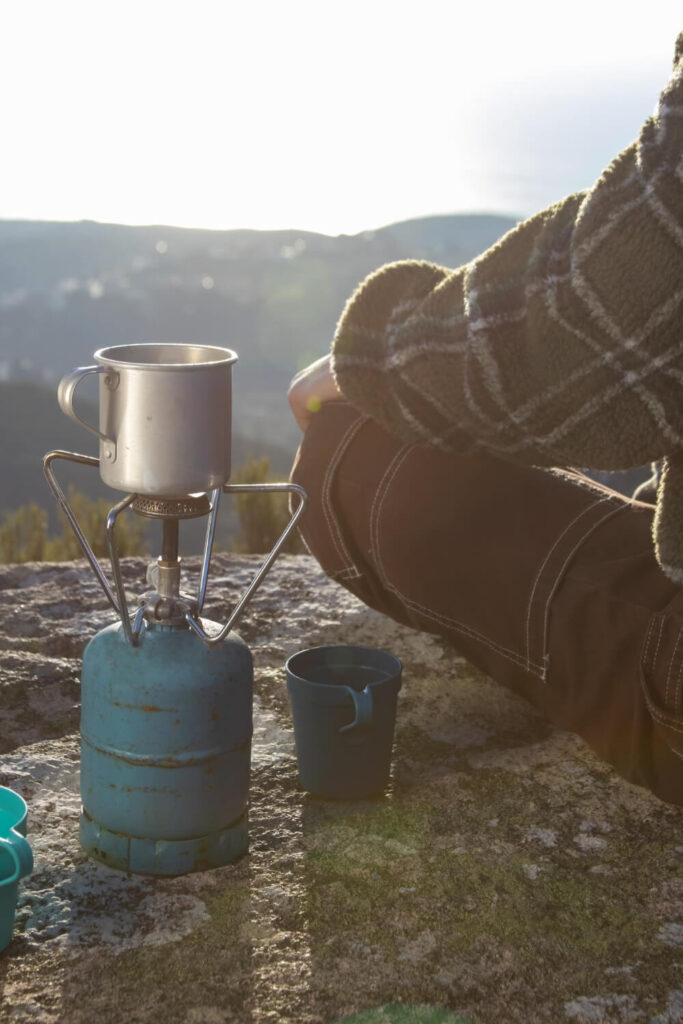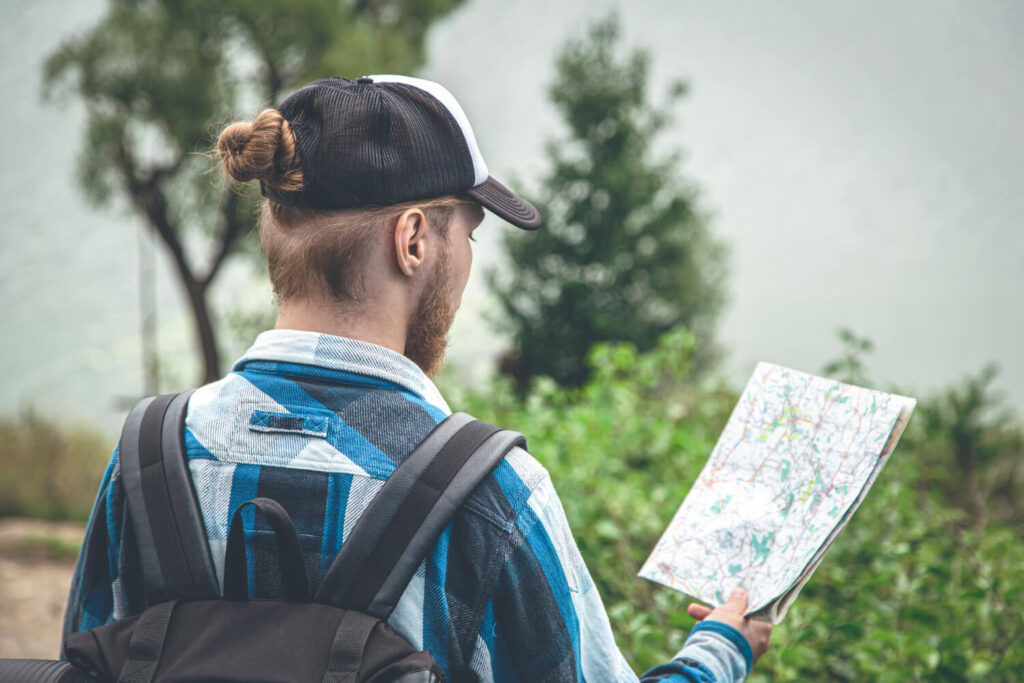Mountain climbing is definitely an enthralling and demanding sport. And it also requires a lot of gear. Not only do you need equipment for the physical act of Mountaineering, but you also need additional materials if you want to camp overnight or climb in extreme weather conditions.
To put it lightly, being prepared with the right mountain climbing gear is essential to having a safe and successful experience.
We offer you CLIMB MOUNT KHUITEN MONGOLIA. Mount Khuiten is the highest peak in Mongolia, which is located in the remote area of the Mongolian Altai region. It will be wonderful 🤩🤩
I can personally recall my first time going on a hike up mountainside. Being inexperienced, I felt both exhilaration and unease because mounted trails are usually more treacherous than common hiking trails.
But don’t be discouraged! By the time you take your second trip, packing all this gear won’t bother you at all – you’ll just be excited to get going. As a general rule of thumb, weight is the most important factor when buying gear. The lighter the weight, the better – even if it does cost more.
The purpose of this technical mountaineering gear guide is not to teach you how to use the equipment, but rather provide a comprehensive packing list of things to bring on your next mountain climbing adventure. So without further ado, here are some basic pieces of mountain climbing gear that you’ll need:
Clothing
- If you are new to mountaineering, don’t worry–below I will go over what kind of clothing is best to wear. Always remember to stays warm, dry, and comfortable by layering different types and thicknesses of clothing. It is always better to have too many layers than not enough!
- The temperature will drop the higher you climb, so it’s wise to bring a few different layers of clothing. A light insulation layer is key, and can be something like fleece or down. If you find yourself in unexpectedly cold weather conditions while climbing, or if you’re participating in a summit or belay, it’s important to have a heavy insulation layer and hardshell jacket.
- This will provide maximum protection from the cold. However, you also want the insulation layer to be weather-resistant. In cases of extreme weather like strong winds, snow storms, or rainstorms, it’s essential to have a hardshell jacket on hand for additional protection.
Upper Body Clothes
- Lightweight Merino t-shirt
- Lightweight Merino long sleeve t-shirt
- Medium weight fleece pullover
- Fleece jacket
- Breathable and Waterproof jacket with a large hood that can fit the helmet
- Lightweight down jacket
- Warm down/ duvet suit
- Lightweight thermal base layers
Lower Body Clothes
- Lightweight underwear briefs
- Walking shorts
- Walking trouser
- Lightweight thermal bottoms
- Heavy thermal bottoms
- Fleece trouser
- Waterproof and breathable trousers with full side zips
- Warm down/ duvet bibs
Handwear
- Lightweight poly-liner gloves
- Medium weight gloves
- Warm fleece mitt liner paired with over mitt
Headwear
- Synthetic or warm wool hat that covers the ears
- Scarf, buff, or neck sleeve
- Head Scarf or Bandana
- Balaclava
- Sun cap/ hat
- Face mask
- Ski goggles (light or dark lens optional)
- Eyes and nose coverage eyewear
- Glacier sunglass
Proper Footwear
A good pair of mountaineering boots are essential because they not only protect your feet from the harsh elements, but they also provide you with a platform to mount snowshoes and crampons. Mountaineering boots come in a range of materials, and double boots are ideal because they offer removable insulating layers.
Not all climbs require a heavy-duty pair of mountaineering boots, and you’ll find lighter varieties for less intense climates.
Footwear
- Medium or heavy wool or poly socks
- Poly or wool Liner socks
- Lightweight trekking socks
- Lightweight wool or cotton socks
- Overboot or good quality plastic shell Aveolite liners with inner boot
- Sturdy synthetic or leather hiking boots with good ankle
- Cross trainers or running shoes
- Down boot (optional)
Climbing Equipment
Clothing is just the beginning. You’ll need additional, specialized gear to climb mountains safely and effectively. Here’s a basic list of mountaineering equipment you’ll need:
- Climbing Helmet
- Crampons
- Climbing Harness
- Ice Ax
- Multi- Led headlamp
- Ascender
- Locking and non-locking Carabiners
- Ski/ Trekking poles
- Rappel/ Belay device
- Slings
- Ropes
- Lightweight pulleys
- Prusik Cords
- Avalanche Transceiver
Backpack
A good backpack is one of the best investments you can make for mountain climbing, next to your boots. You’ll have to wear it for long periods of time, carrying a lot of gear, so comfort is important.
Ensure that you get a backpack with proper hip straps; this will take the load off your shoulders when hiking. Other useful features include a pouch for your hydration package, exterior pockets (to store things like rain gear), and a waterproof cover.
Things to consider when buying a backpack:
- Make sure the pack you choose has enough volume to comfortably hold all of your gear. It’s also important to consider exterior features, like how you can attach things to the outside of the pack (like an ice axe or picket) if they won’t fit inside.
- Ensure the pack you choose fits your body type by measuring the frame of the pack to your torso. Backpack sizes vary, so don’t let its color be the deciding factor—choose one that will comfortably fit you instead. I often have difficulty finding packs that properly fit me because they are usually made for men with medium frames.
- Not only should you consider a pack’s space and fit, but its weight as well. A heavier pack will make summit day more strenuous.
- Is the product durable? Will it be able to withstand extreme weather conditions and the occasional scuff or scratch? It’s essential to have durable backpack that won’t give out during a grueling day of climbing.
Travel Bags
- Medium rucksack (3000- 4500 cubic inches/ 50- 70 litre)
- Large waterproof duffle kit bag (7500 cubic inch/ 120 L)
- Pack cover
- Small and protective padlocks
Emergency Supplies
Climbing mountains can be dangerous, so it’s important to always bring along a bag of emergency supplies. These items can come in handy if you find yourself in a difficult situation. My emergency bag includes:
- First-aid Kit
- Small personal kit including aspirin, band-aids, tape, personal medication, etc
- Personal medication with prescription
- Skin blister repair kit
- Small bottle anti-diarrhea pills
- Small bottle anti- headache pills
- Small bottle cough medicine
- Water treatment tablets
- Water filters
- Antibiotics for chest or stomach
- An emergency beacon
- Spare batteries
- Matches and fire starters
Other Essential Equipment
Personal Hygiene
- High SPF Sunscreen
- Moisturizer
- Body lotion
- Anti-mosquito cream
- toothbrush/ paste set
- Hand sanitizer
- Synthetic towel
- Wet Wipes and toilet paper
- Bar soap
Personal Food
- Chocolate Bars
- Dried fruits
- Honey and Banana
- Synergy and granola bars
- Nuts such as cashews and almonds
- String cheese
- Tortilla wraps
- Caffeinated gel packets
Miscellaneous Items
- Sewing kit
- Small roll of repair tape
- Compass or GPS
- Alarm clock/ watch
- Digital camera with extra batteries and sd-card
- Nylon sacks for food and gear storage
- Water bottle
- Plastic cup and spoon
- Folding knife
- Binoculars
- Large waterproof disposable garbage bags
- Cash for personal use
- Credit or debit cards to withdraw money from machines
- iPod/ mp3 player, Gameboy, books, travel games, short-wave radio, etc
- Earplugs
Travel Document
- Passport
- Extra passport size photos
- Flight ticket and tour itinerary
- Separate copies of passport and relevant visa pages
- Proof of insurance
Sleeping Gear
- Down sleeping bag for high altitude (rated to handle -35 / -30 )
- Additional sleeping bag for base camp (rated to handle -20 / -30)
- Closed-cell foam mat for base camp and high altitude
Having the right basic mountain climbing gear is essential for both safety and success on your adventure. From sturdy footwear and reliable ropes to protective helmets and weather-appropriate clothing, each item plays a crucial role in ensuring you are prepared for the challenges ahead.
Equip yourself thoughtfully, and you’ll be ready to enjoy the climb with confidence and peace of mind.

